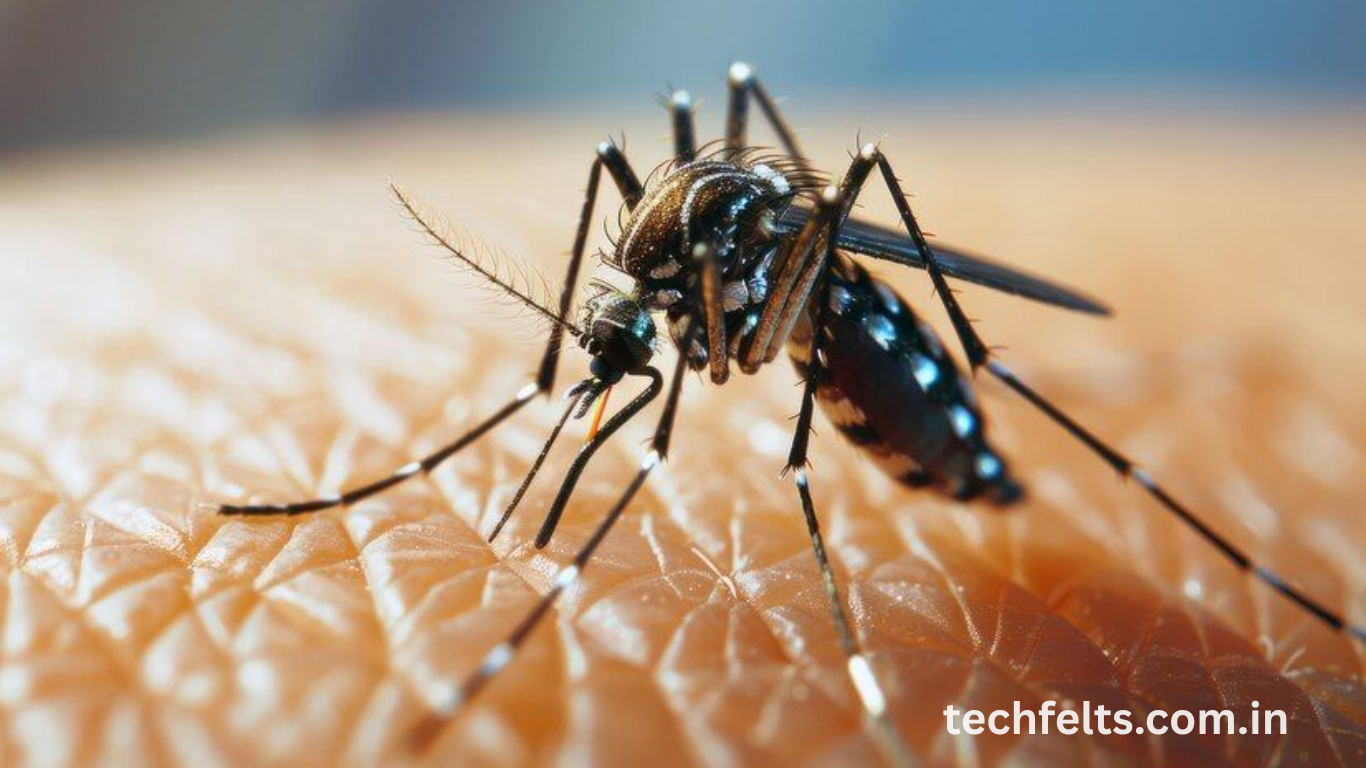Dengue fever, a mosquito-borne illness historically associated with tropical regions, is becoming an increasing concern in the United States. Recent health reports have shown a notable uptick in dengue cases, particularly in states like Florida and California. As the climate changes and international travel continues, conditions have become more favorable for the Aedes aegypti mosquito, the primary carrier of the dengue virus.
Health officials are urging residents and travelers to stay alert, practice mosquito prevention measures, and be aware of the symptoms of dengue. With the growing risk in previously low-risk areas, it’s more important than ever to understand how dengue spreads, how it can be prevented, and what steps are being taken to manage outbreaks. Here’s what you need to know about this rising health concern across the southern United States.
Why Dengue Fever is Spreading in the United States
Warming temperatures and increased rainfall create ideal breeding grounds for mosquitoes. Florida and California, with their warm climates and large international ports, are seeing higher mosquito activity, leading to more cases of locally acquired dengue infections.
Florida’s Growing Dengue Problem
Florida has become a hotspot for dengue in 2024-2025, with health departments reporting clusters of cases in Miami-Dade and other southern counties. Public health campaigns are intensifying to combat mosquito populations and educate communities about protective measures.
California’s Battle Against Dengue
In California, dengue cases are present, particularly in southern cities like Los Angeles and San Diego. State officials are enhancing mosquito surveillance programs and encouraging early diagnosis to prevent widespread transmission during the warmer months.
How Climate Change Fuels Mosquito-Borne Diseases
Climate change leads to warmer winters and wetter summers, extending the mosquito breeding season. This environmental shift allows dengue-carrying mosquitoes to survive longer and expand into new regions, posing more significant health risks across the country.
Read More : Flu virus that can lead to paralysis & brain swelling
Symptoms of Dengue Fever to Watch For
Dengue symptoms often include high fever, severe headache, muscle and joint pains, rash, and mild bleeding. Recognizing symptoms early is crucial for getting timely medical care and preventing complications such as dengue hemorrhagic fever.
Prevention Tips to Protect Against Dengue Fever
Using mosquito repellents, installing window screens, removing standing water around your home, and wearing protective clothing are some of the best ways to minimize exposure. Community efforts are also essential in reducing mosquito breeding sites.
Frequently Asked Questions
What is dengue fever?
Dengue fever is a viral infection spread by mosquitoes. It causes flu-like symptoms and, in severe cases, potentially life-threatening complications.
How is dengue fever transmitted?
It is transmitted through the bite of an infected Aedes aegypti or Aedes albopictus mosquito, not from person-to-person contact.
Why are Florida and California seeing more dengue cases?
Warm climates, increased mosquito populations, and global travel have contributed to the rise of dengue in these states.
Can dengue fever be fatal?
Yes, severe cases of dengue, known as dengue hemorrhagic fever, can cause internal bleeding, shock, and even death without proper medical treatment.
What are the first signs of dengue fever?
Early signs include sudden high fever, severe headaches, eye pain, muscle and joint pains, and a skin rash.
How is dengue fever diagnosed?
Doctors typically diagnose dengue through blood tests that detect the virus or antibodies against it in the patient’s system.
Is there a vaccine for dengue fever?
Yes, there is a vaccine available, but it is currently recommended for people who have already had dengue and live in high-risk areas.
What should I do if I think I have dengue fever?
Seek medical care immediately. Rest, stay hydrated, and avoid non-steroidal anti-inflammatory drugs (NSAIDs), which can increase bleeding risk.
Conclusion
Dengue fever is becoming an urgent health concern in Florida, California, and beyond as mosquito populations thrive. Staying informed, taking preventive steps, and seeking timely care can make a huge difference. Stay safe, stay protected, and help spread awareness about dengue prevention.

